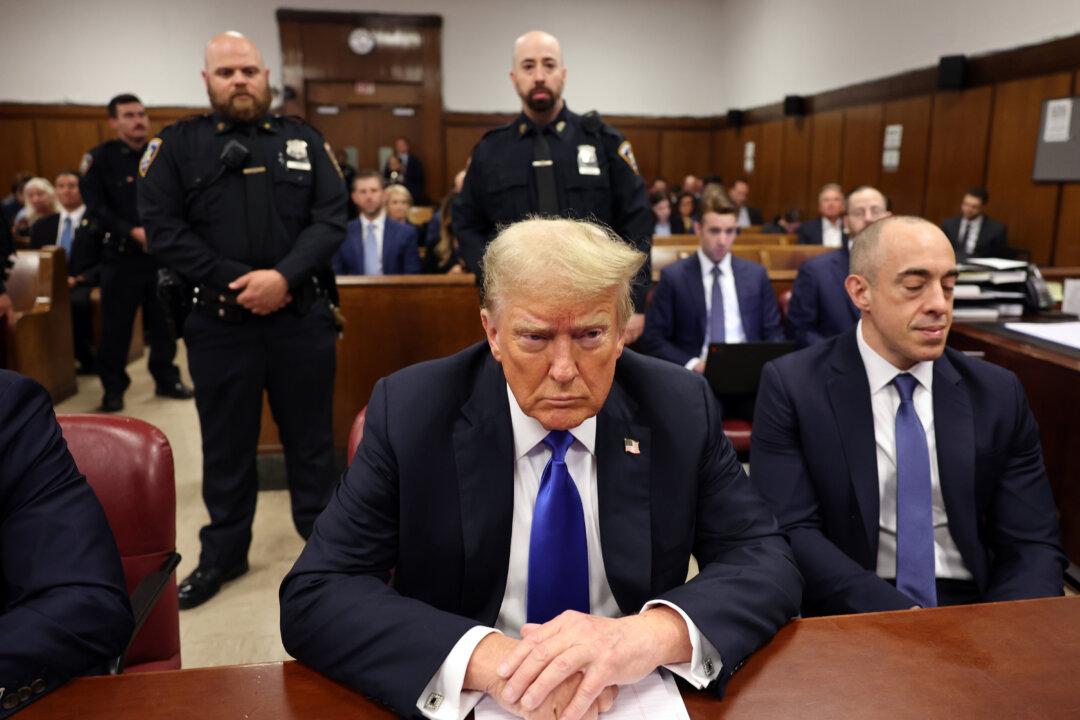New York Supreme Court Justice Juan Merchan has rejected an attempt by President-Elect Donald Trump to dismiss his business records case and ordered sentencing for Jan. 10.
In his Jan. 3 order, Merchan rejected the idea that the Presidential Transition Act, the Supremacy Clause of the U.S. Constitution, or presidential immunity—each of which had been cited by Trump’s legal team—required vacating the jury’s verdicts or dismissal of the indictment.





